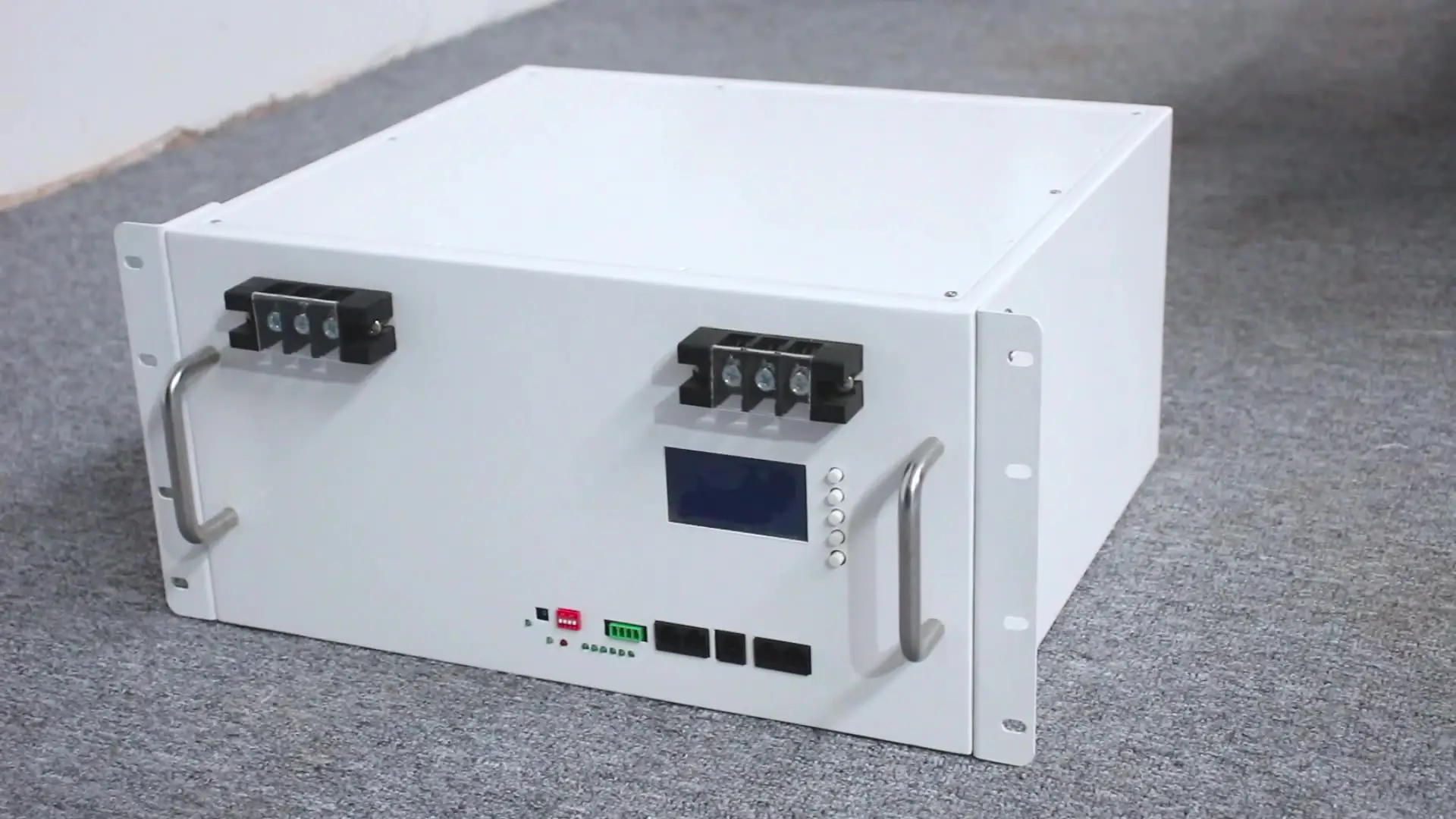 |
Welcome To Evlithium Best Store For Lithium Iron Phosphate (LiFePO4) Battery |
 |
As solar energy becomes an increasingly popular source of clean and renewable power, the need for efficient energy storage solutions arises. Among the various options available, LiFePO4 batteries have emerged as a reliable and cost-effective choice for solar energy storage. In this article, we will explore the benefits of LiFePO4 batteries and their applications in the realm of solar energy storage.

Solar energy is a sustainable and abundant resource that can significantly reduce dependence on traditional fossil fuels. However, solar panels only generate electricity when the sun is shining, and the excess energy produced during peak hours needs to be stored for later use. This is where energy storage systems, such as LiFePO4 batteries, play a crucial role.
LiFePO4, or lithium iron phosphate, is a type of rechargeable battery that utilizes lithium-ion technology. It is composed of lithium, iron, and phosphate, which give it unique properties compared to other battery chemistries. LiFePO4 batteries are known for their high energy density, long lifespan, enhanced safety features, fast charging and discharging capabilities, and wide temperature range.
LiFePO4 batteries offer a high energy density, which means they can store a large amount of energy in a relatively compact size. This is especially beneficial for solar energy storage systems where space may be limited. The high energy density of LiFePO4 batteries allows for greater power capacity without occupying excessive physical space.
Compared to other battery chemistries, LiFePO4 batteries have a significantly longer lifespan. They can endure a higher number of charge-discharge cycles without experiencing a notable decline in performance. This longevity makes them a cost-effective choice for solar energy storage, as they require less frequent replacements, reducing long-term maintenance costs.
Safety is paramount when it comes to energy storage systems. LiFePO4 batteries excel in this aspect due to their inherent chemical stability. They are less prone to thermal runaway or overheating, minimizing the risk of fire or explosion. Additionally, LiFePO4 batteries do not contain toxic materials like lead or cadmium, making them environmentally friendly.
One of the key advantages of LiFePO4 batteries is their ability to charge and discharge at a rapid rate. This is particularly important for solar energy storage systems, as it allows for efficient energy capture and release. LiFePO4 batteries can be charged quickly during periods of high solar generation and discharged rapidly when energy demand is high. This flexibility ensures that the stored solar energy can be utilized effectively, contributing to a reliable and consistent power supply.
LiFePO4 batteries exhibit excellent performance across a wide temperature range. Unlike some other battery chemistries that may struggle in extreme temperatures, LiFePO4 batteries can function optimally in both hot and cold environments. This makes them ideal for solar energy storage applications, where outdoor conditions can vary significantly. Whether in scorching summers or freezing winters, LiFePO4 batteries maintain their efficiency and reliability.
To understand the functioning of a LiFePO4 battery, let's delve into its components. A LiFePO4 battery consists of three main parts: the cathode (positive electrode), the anode (negative electrode), and the electrolyte.
The cathode of a LiFePO4 battery is made up of lithium iron phosphate (LiFePO4), which provides stability and ensures a long lifespan. The anode is typically composed of carbon, while the electrolyte is a conductive medium that allows the movement of lithium ions between the cathode and anode during charge and discharge cycles.
During charging, lithium ions migrate from the cathode to the anode through the electrolyte, storing energy in the battery. Conversely, during discharging, the lithium ions move from the anode back to the cathode, releasing the stored energy as electrical power.
The movement of lithium ions within the battery is facilitated by an external circuit, which connects the positive and negative terminals of the battery to the solar panel and electrical load, respectively. This circuit ensures a continuous flow of electricity and enables the efficient utilization of the stored solar energy.
LiFePO4 batteries find extensive applications in the realm of solar energy storage. Let's explore some of the key areas where they are utilized.
With a professional installer to ensure proper installation and integration of the LiFePO4 battery system with the solar panels and electrical infrastructure. The installer will assess factors such as system sizing, wiring, and safety protocols to maximize the efficiency and performance of the solar energy storage system.
Regular maintenance is essential to keep the LiFePO4 battery system in optimal condition. This includes monitoring the battery's state of charge, inspecting for any physical damage or corrosion, and ensuring proper ventilation to prevent overheating. It's also important to follow the manufacturer's guidelines for charging and discharging the battery and to avoid deep discharges or overcharging, as these can impact the battery's lifespan and performance.
Furthermore, it's recommended to have a backup power source or a secondary energy storage system in place to ensure uninterrupted power supply during maintenance or unexpected situations.
Edit by editor
All Rights reserved © 2025 Evlithium Limited